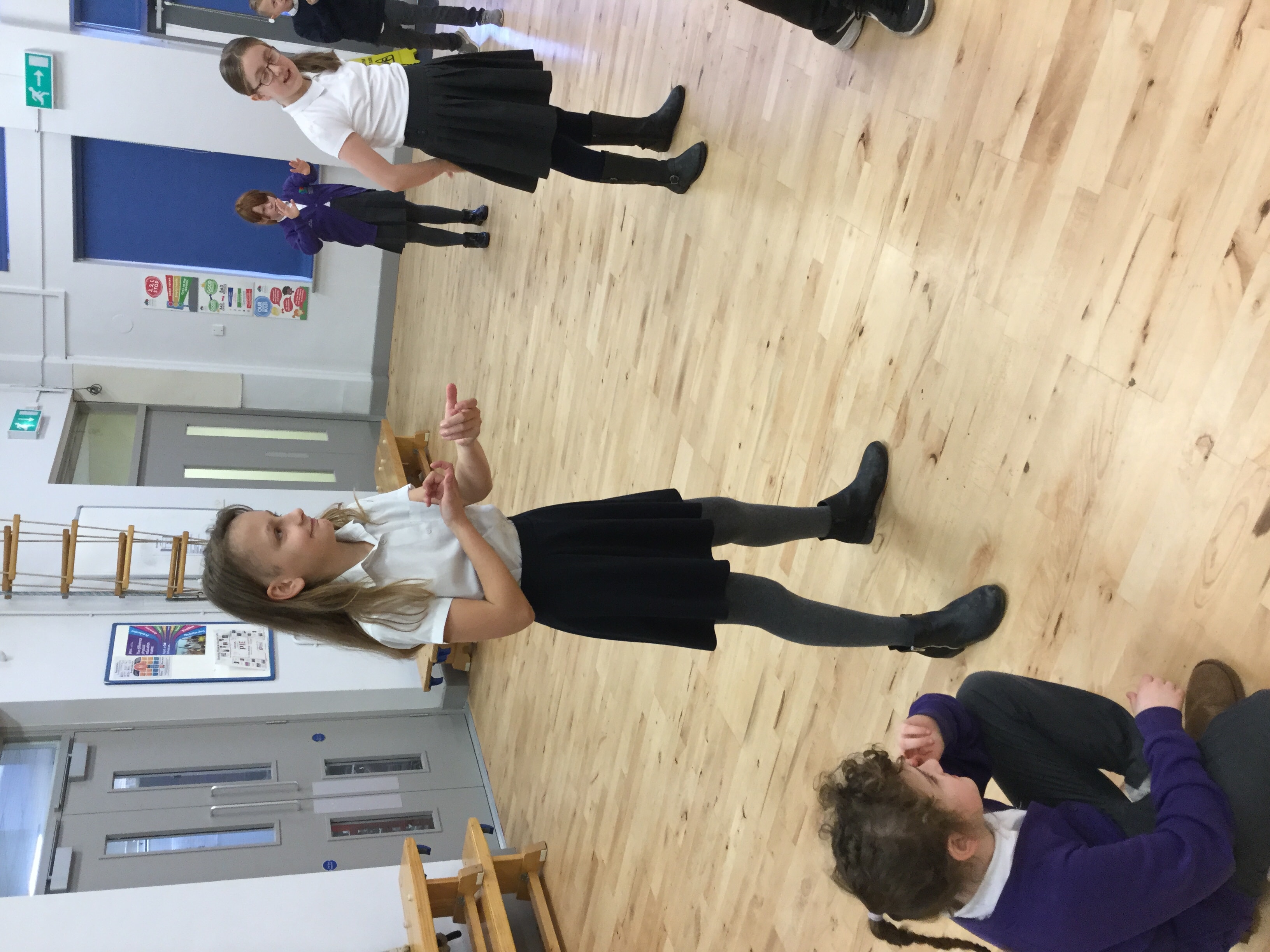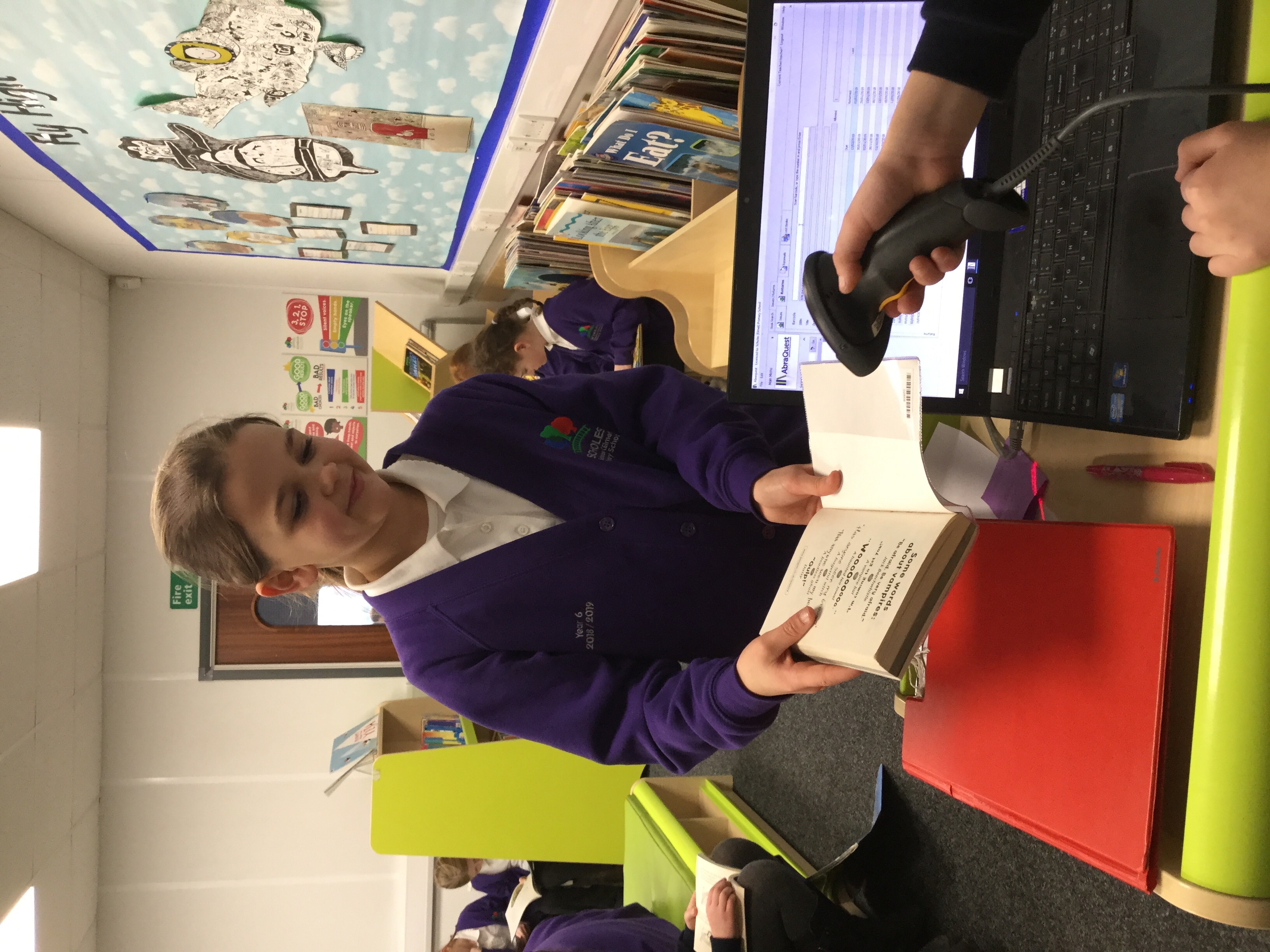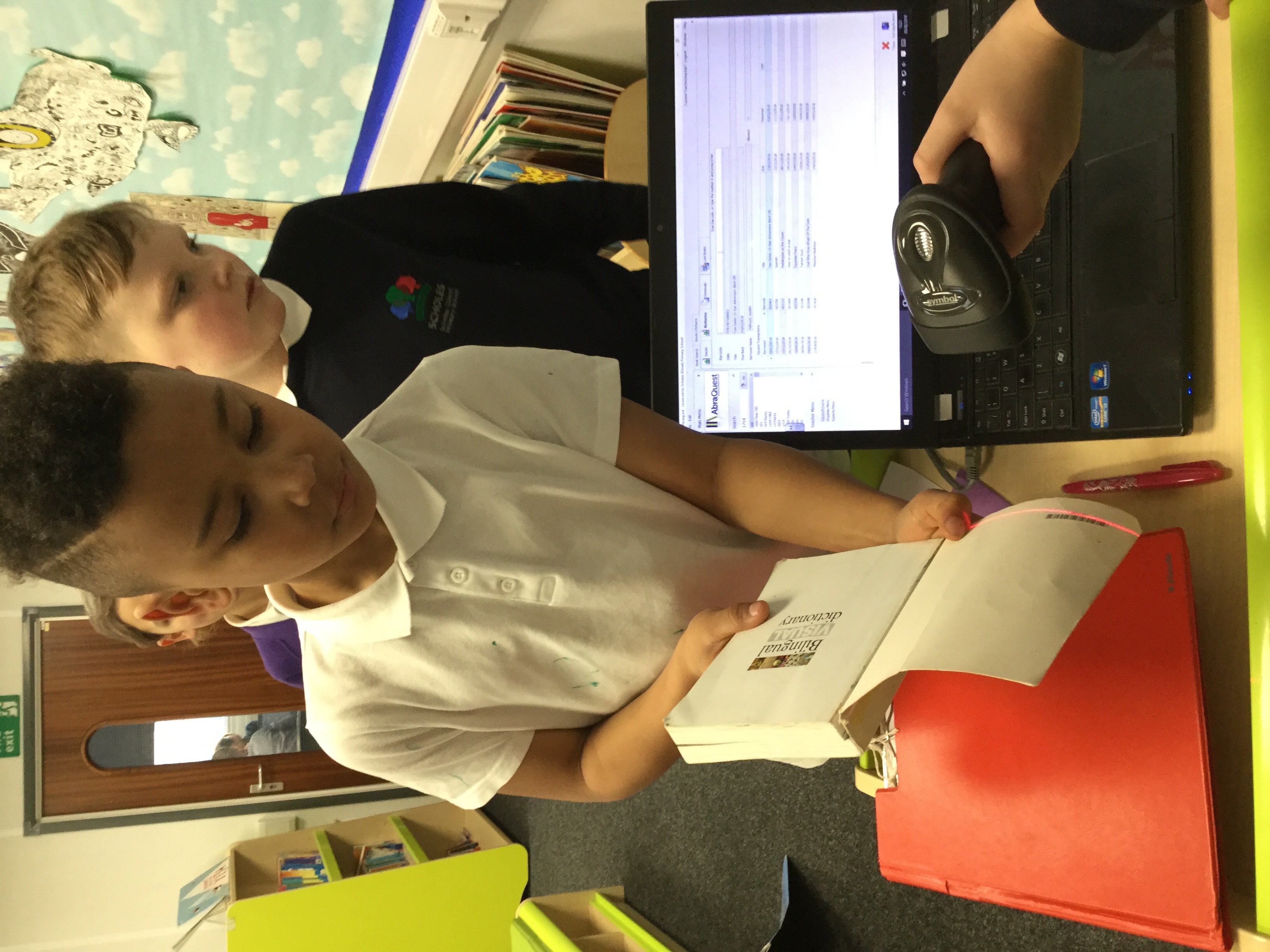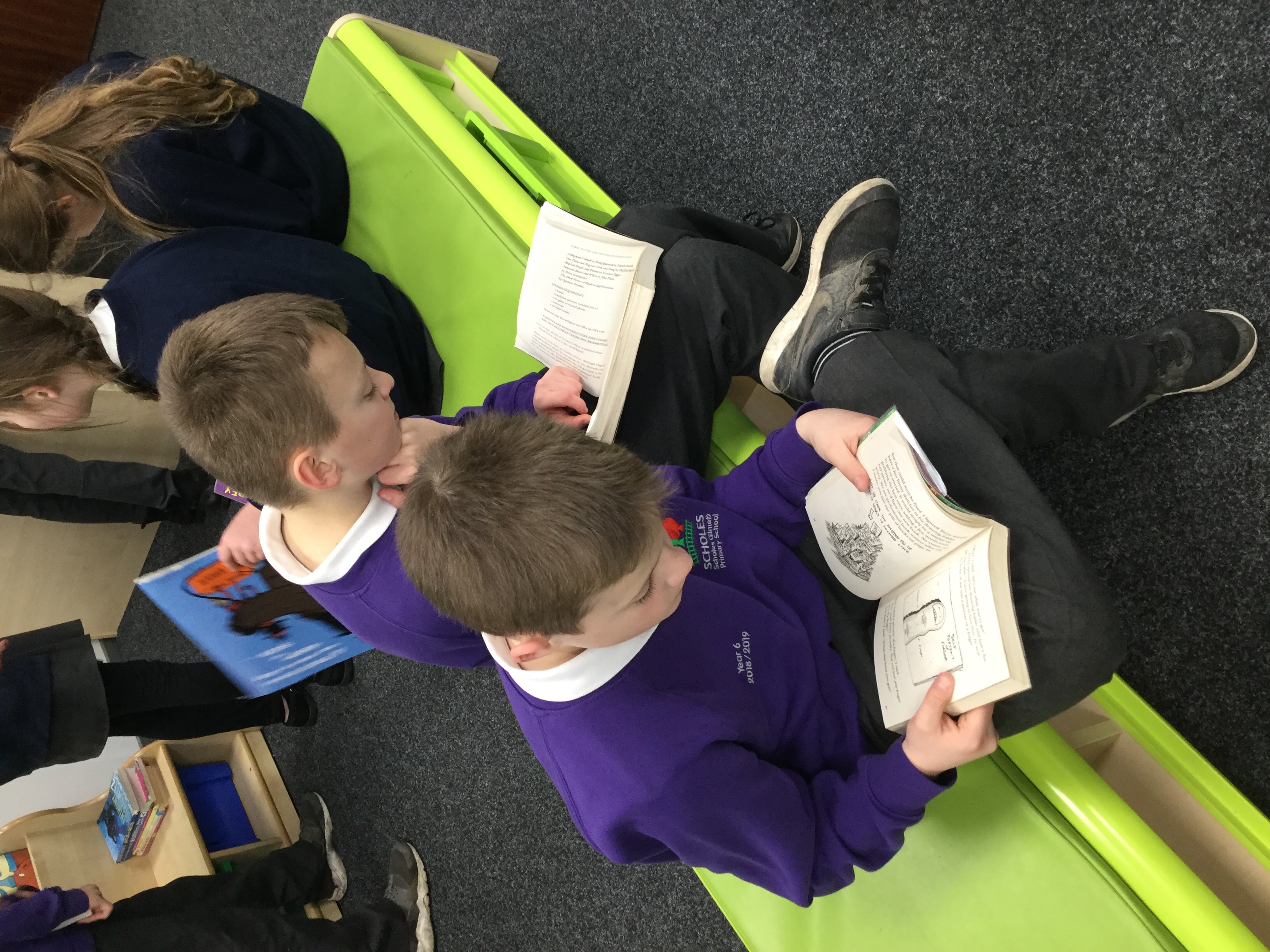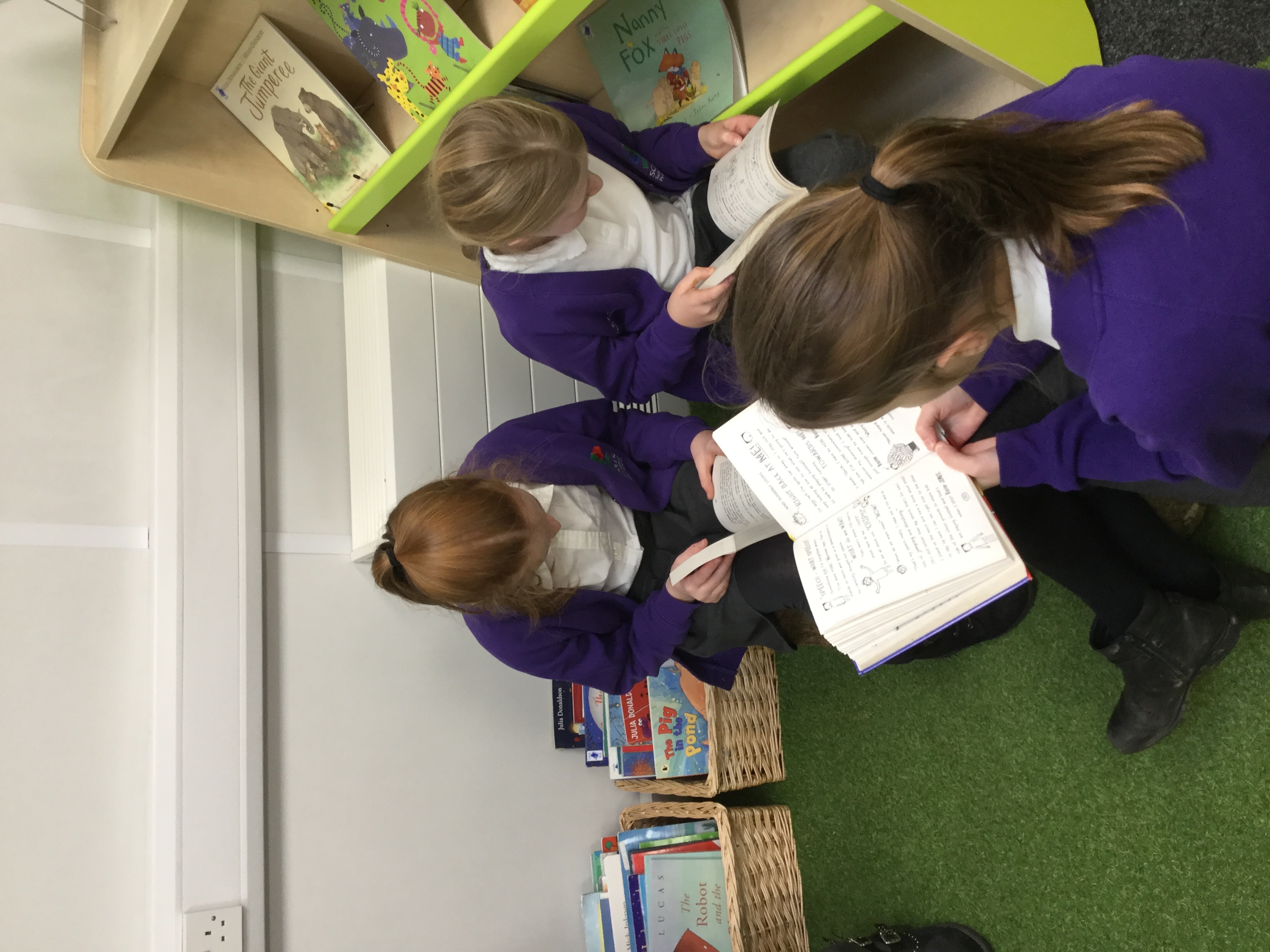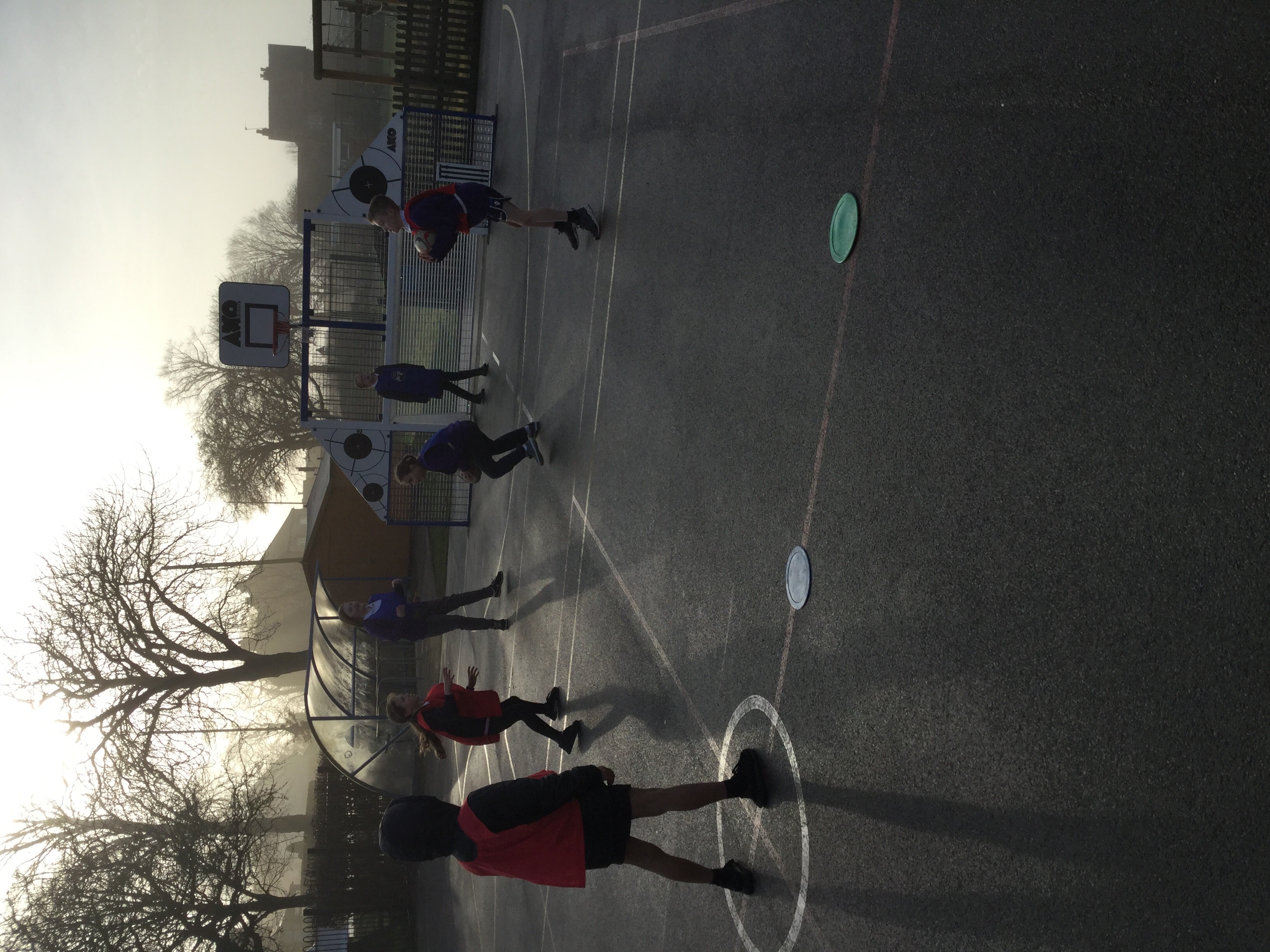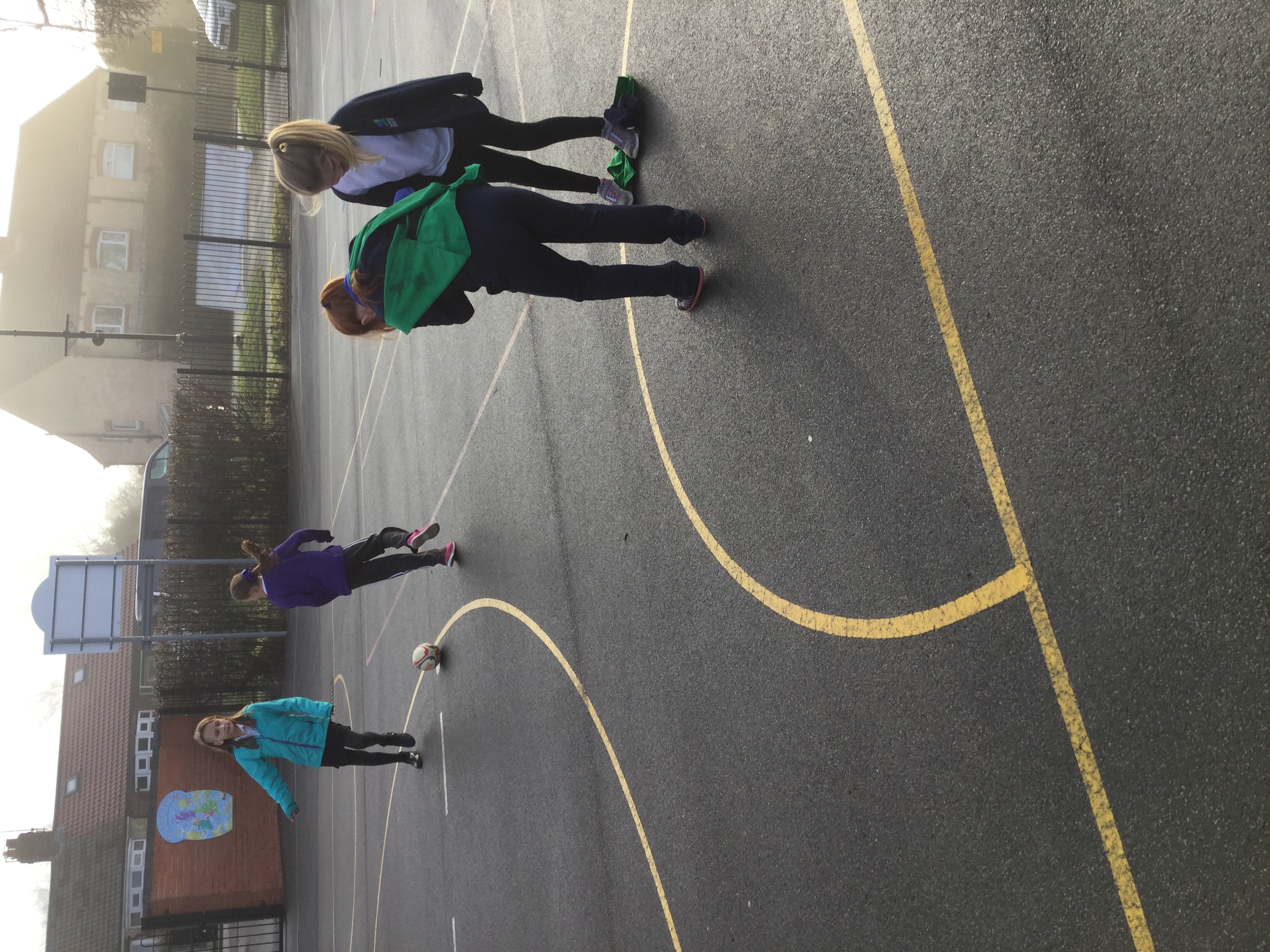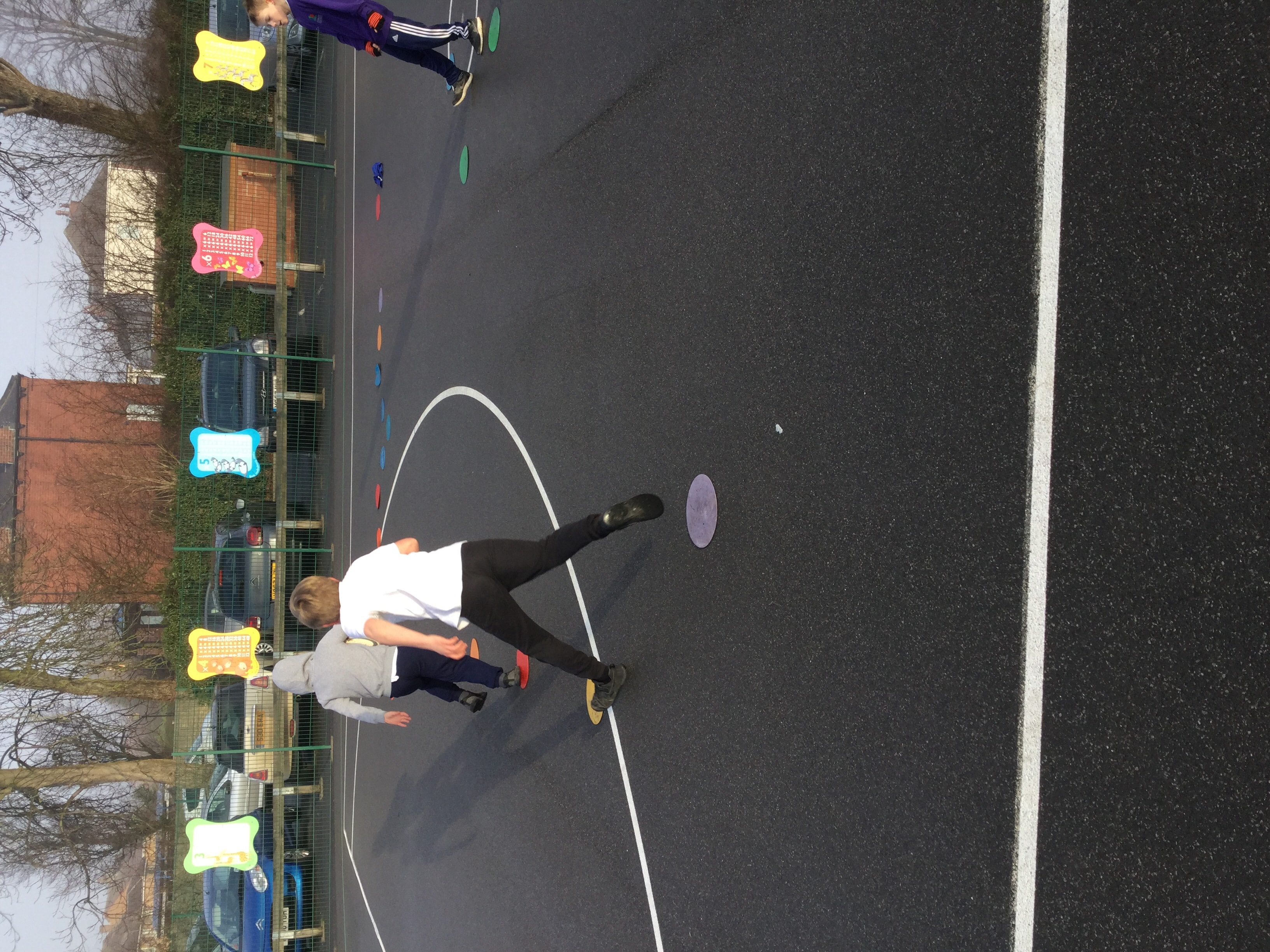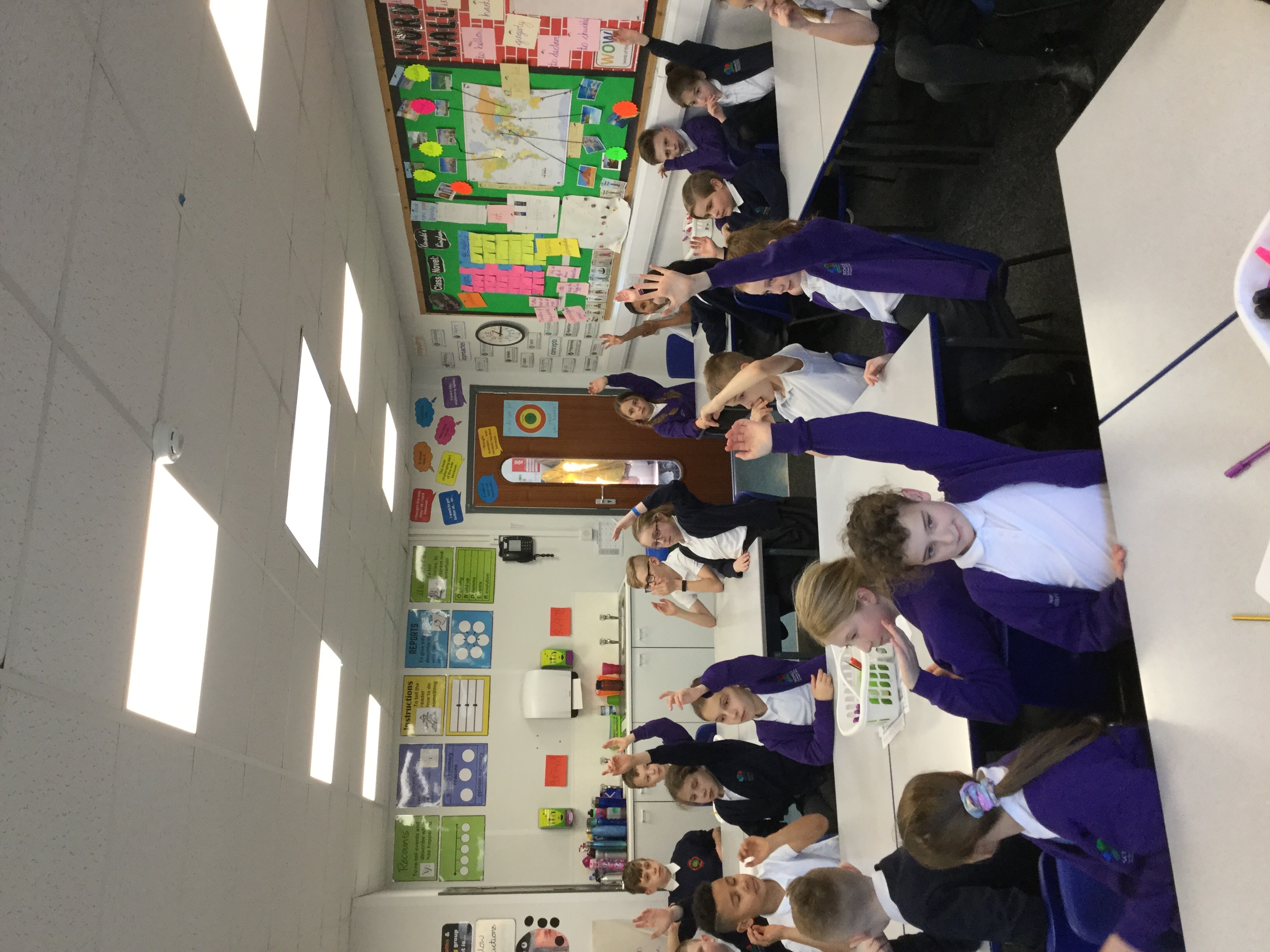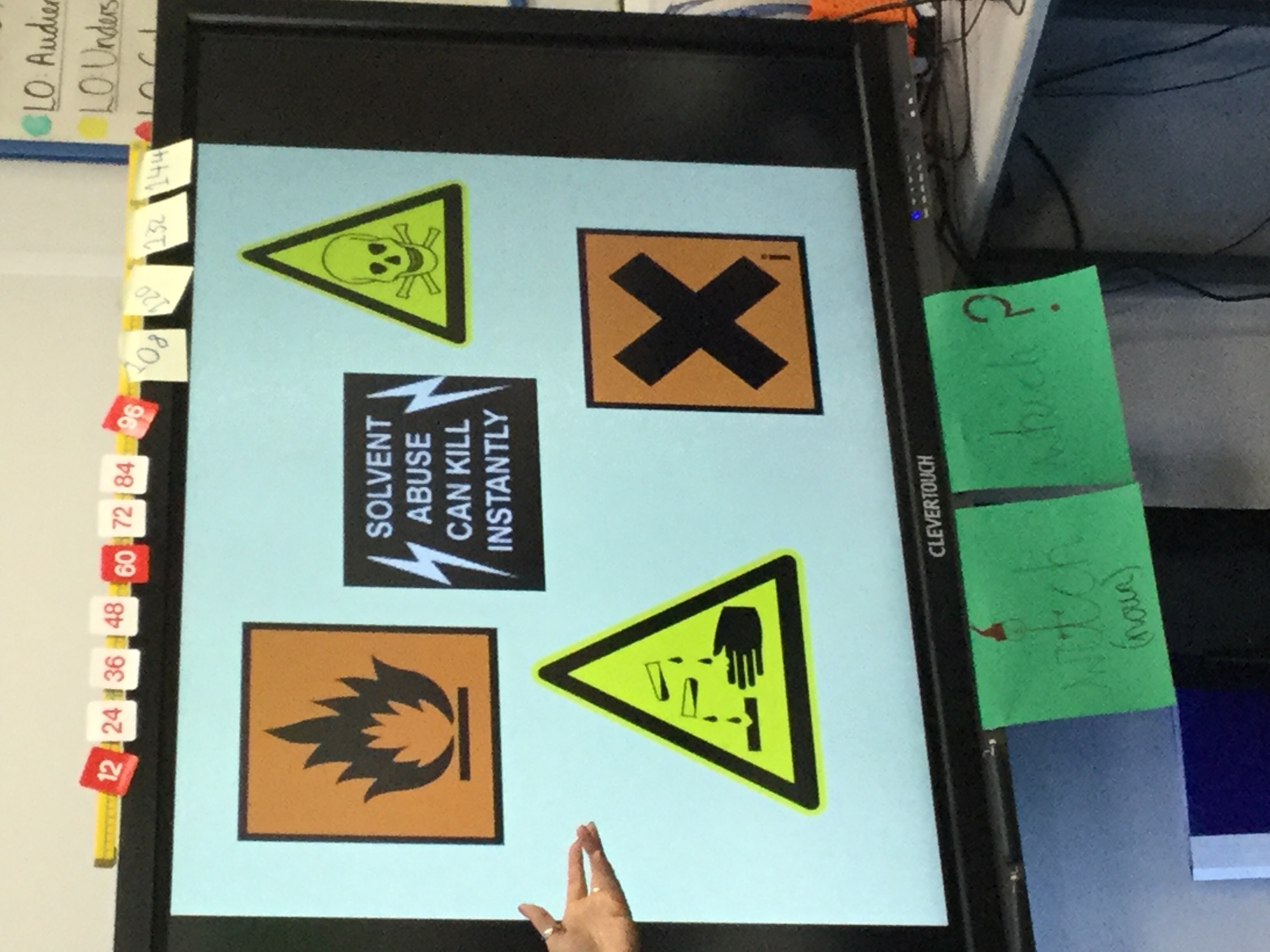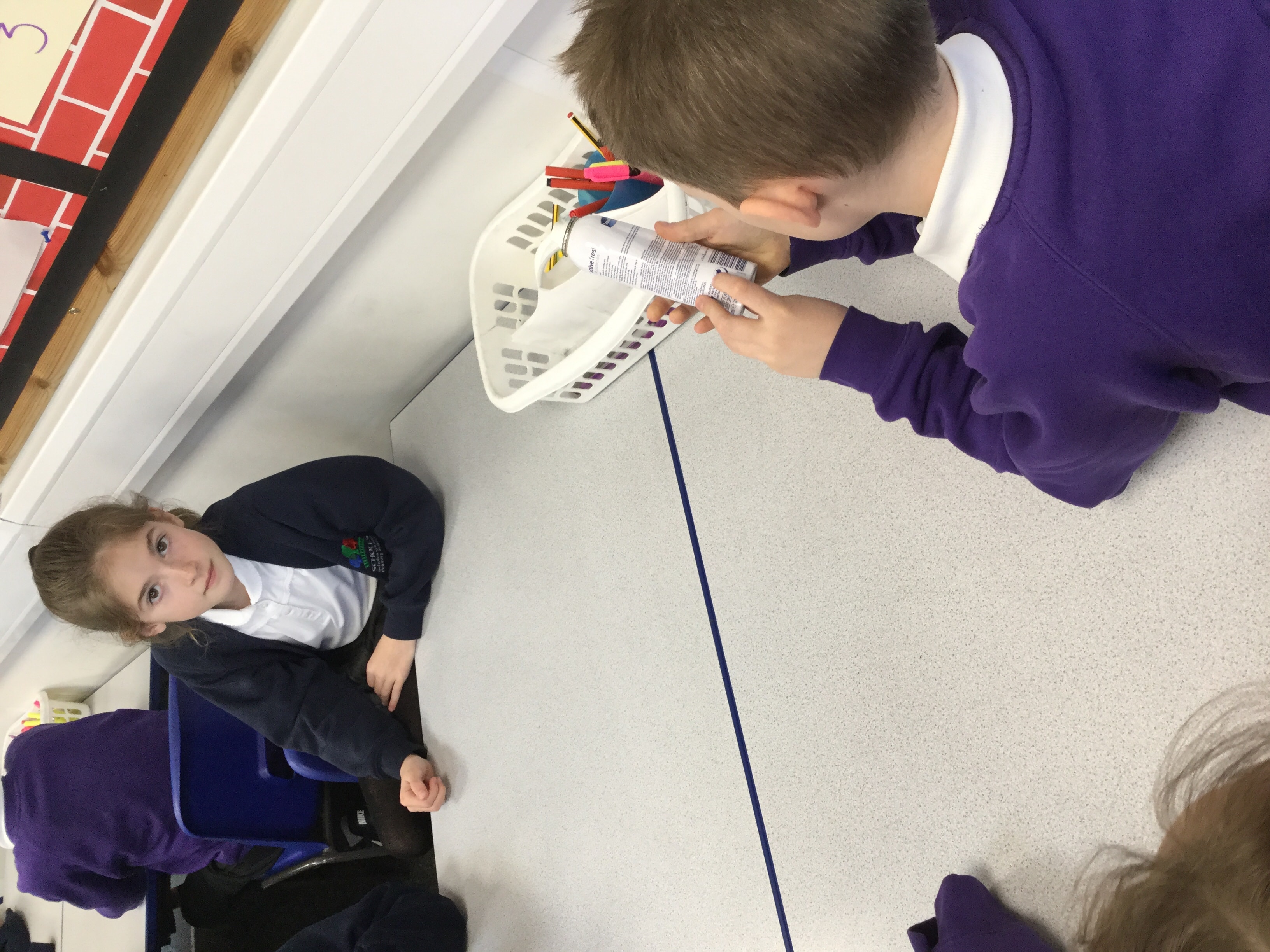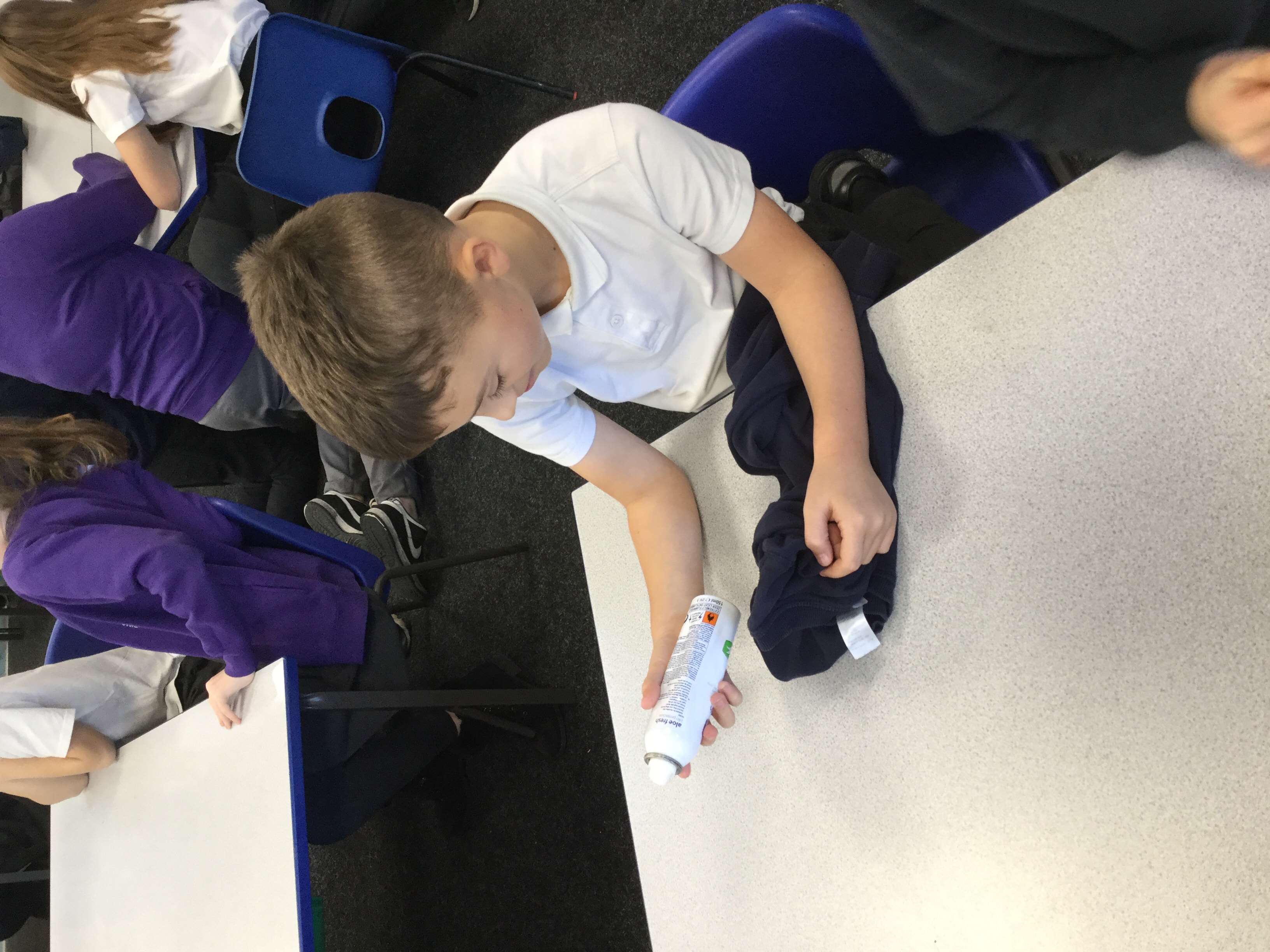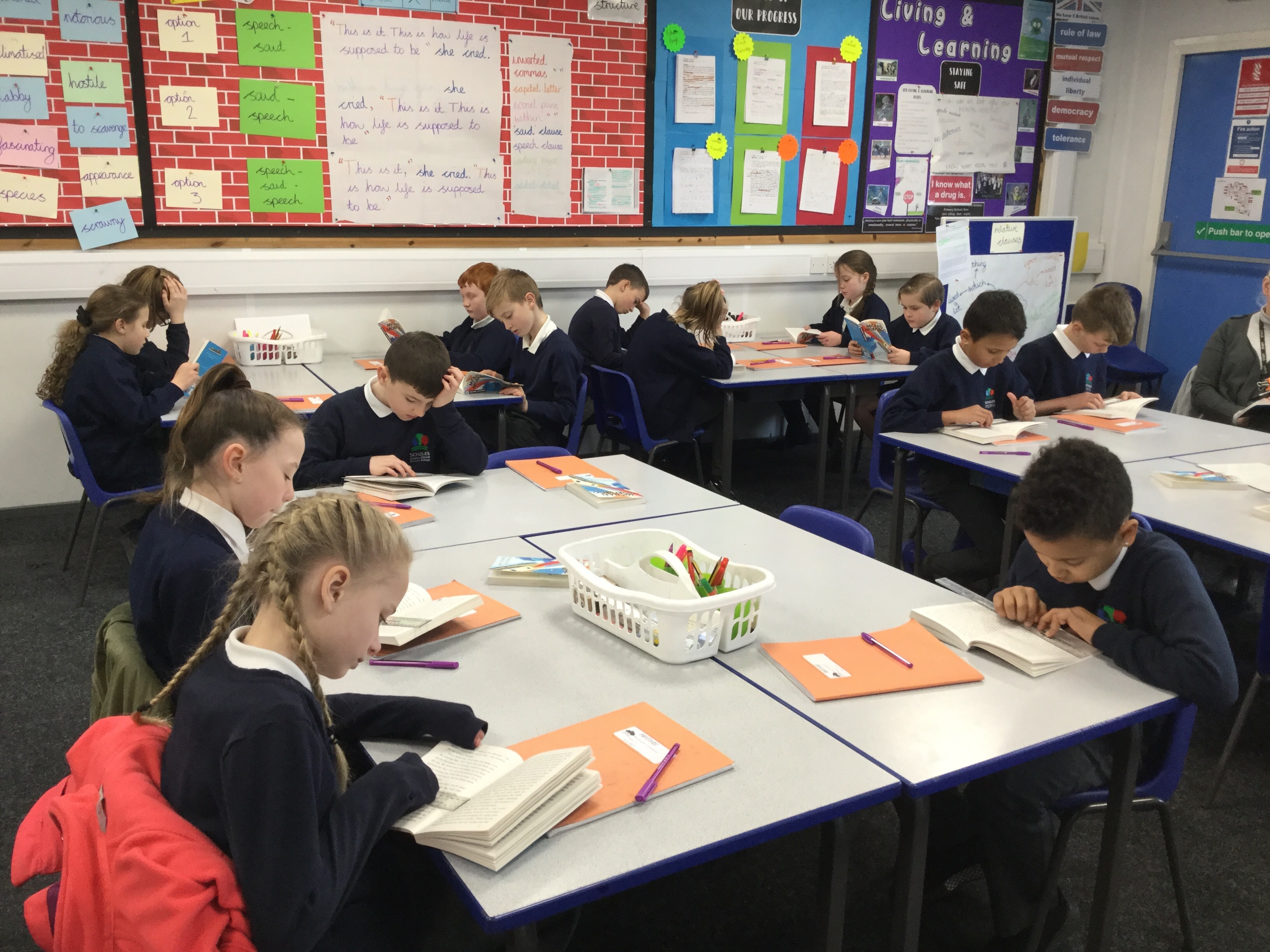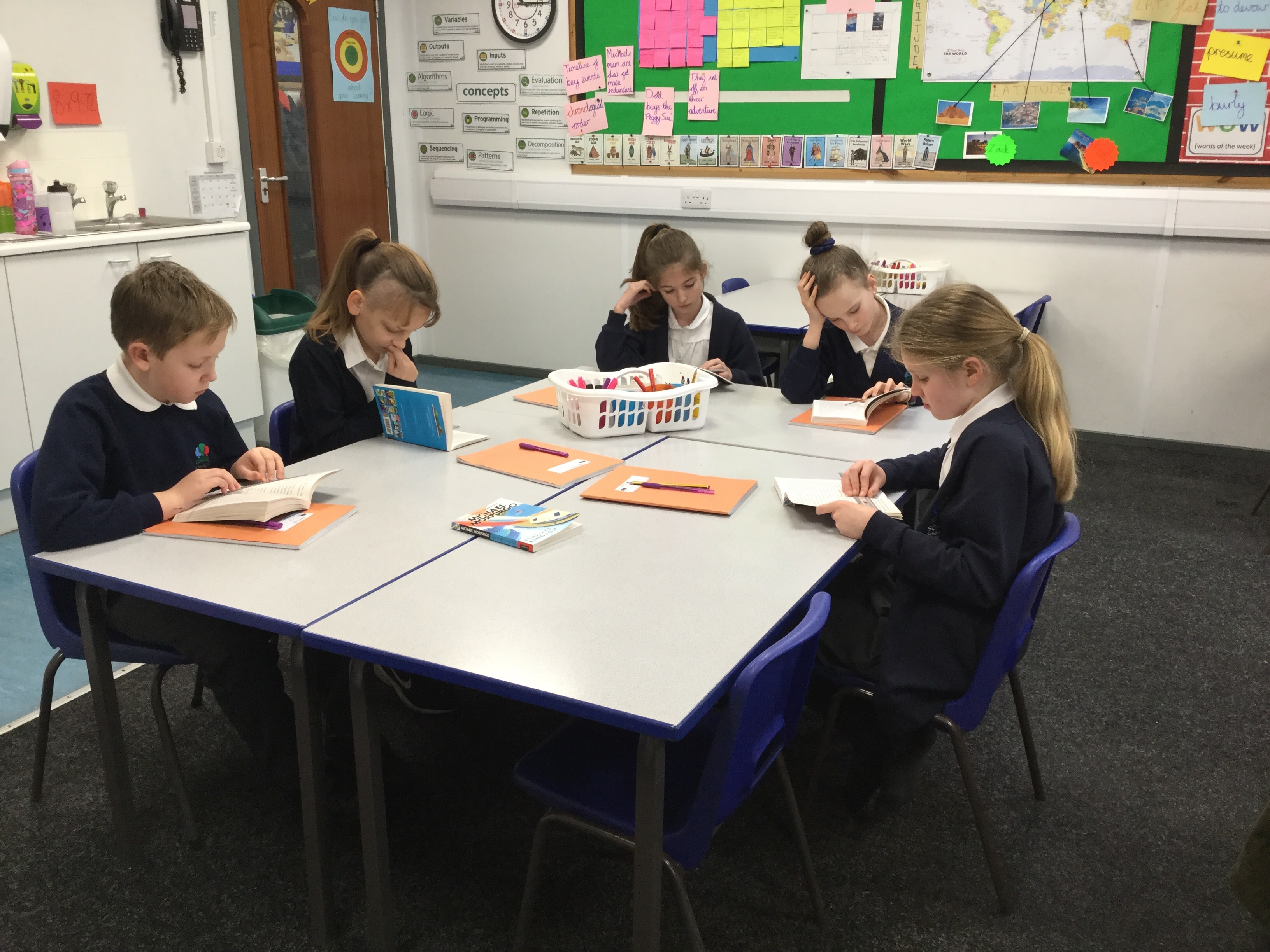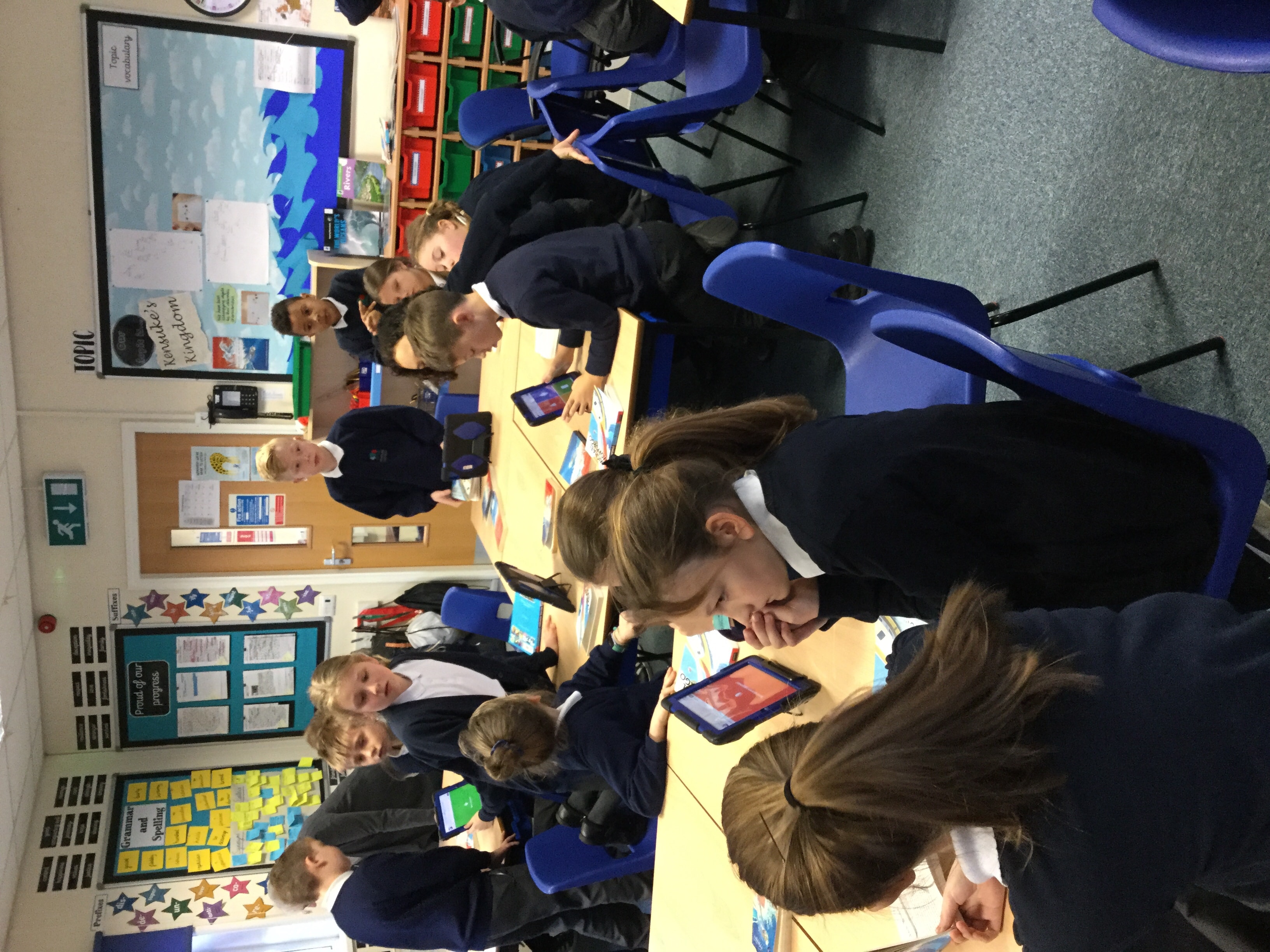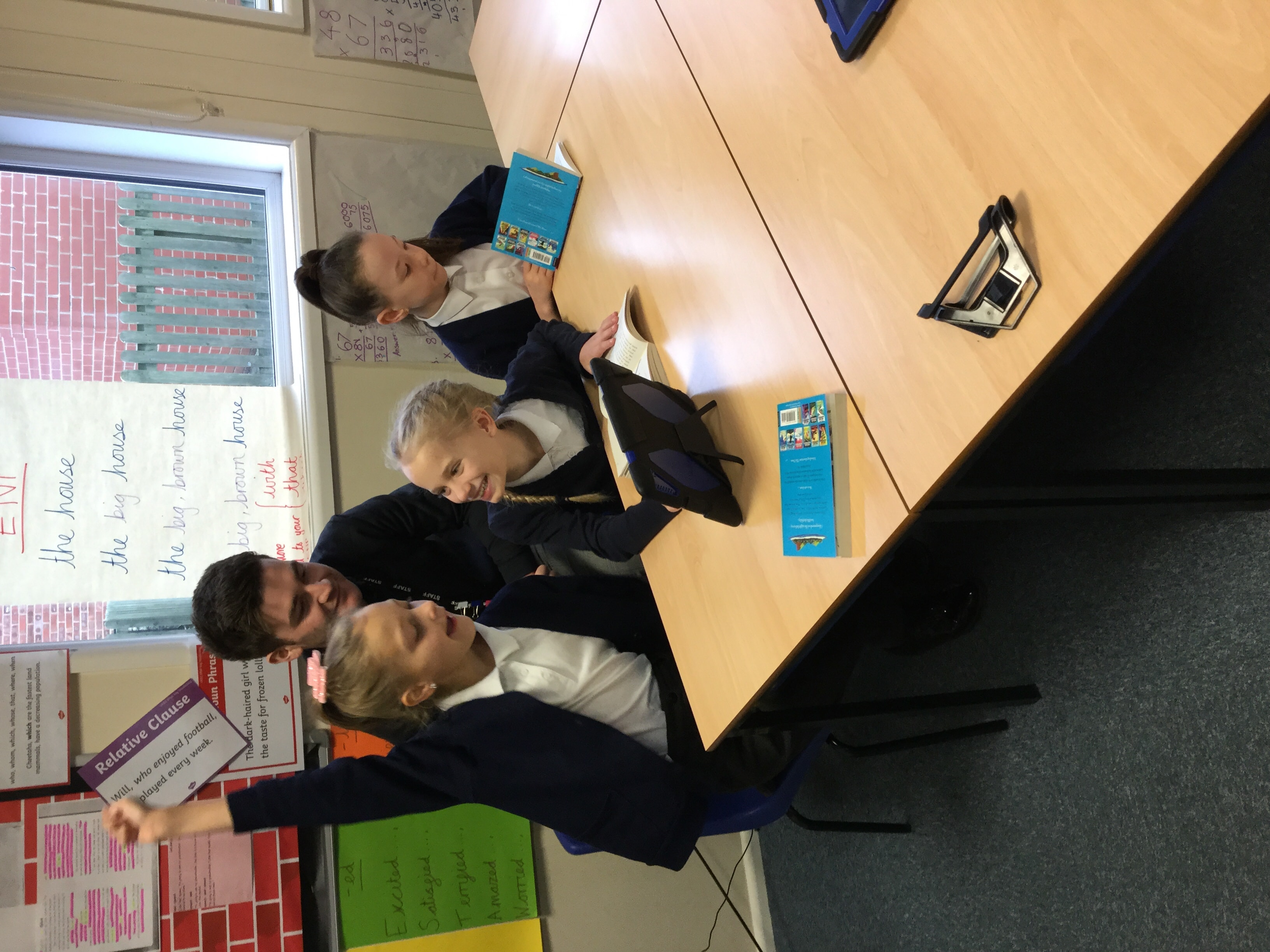This week, the whole school has the same creative homework which is due in on Thursday 14 February 2019.
I can show different ways to stay safe.
This week, we have enjoyed a staying safe themed week. We’ve had lots of visitors and covered a range of important safety-related topics. There are many ways, and many different situations, in which we need to keep safe: at home, at school, in our environment and online.
Children should think about the situations where they need to keep safe and who might help them to stay safe. This could be done in any creative way:
- a story
- a poem
- instructions
- a comic strip
- an advert
- an interview
- a game
- scenarios
…or any other creative ideas!
The homework will be reviewed as part of the themed week learning.


